Reading Dante is an experience of a lifetime. You never come to the end of it. But, like Dante himself, at large in the frightening wood, you need a companion for the journey, and it is difficult to imagine one more enlightening than Prue Shaw.
The Emeritus Reader in Italian at the University of London, she has been lighting up the genius of Dante for us all her professional life, especially his politics. But this book is just as accessible to a general reader as it would be a source of wonder and envy to scholars. It is mainly concerned with the Comedy, but it expounds much of Dante’s other work. On page after page, it makes us — if we are first-time readers — blink in wonder, or — if we are old hands who thought we knew Dante — feel as though we are understanding him for the first time.
She quotes Seamus Heaney: ‘Poetry is language in orbit… it runs on its own energy circuit.’ I have read many books on Dante, but never one in English which more tellingly caught this ‘energy circuit’. Shaw’s book grows in momentum, as does The Divine Comedy itself, and the finest chapter — to be read and re-read many times alongside the poem — is the final one on Dante’s language. It is a commonplace that Dante chose to write his Comedy in Italian, rather than Latin and thereby — sort of — invented modern Italian. But here, in about 60 pages, you have the most masterly analysis. Firstly of medieval language theory, and of Dante’s highly distinctive ‘takes’ on this in his unfinished treatise De vulgari eloquentia. Then — and this is really interesting — there is an exploration of Dante’s linguistic relationship with Virgil.
Most of us are aware of the great Roman poet’s role as a guide through Hell and Purgatory. But Shaw alerts us to the way in which Dante pays homage to Virgil’s poetry itself. For example, at the very beginning, when Dante is lost in the dark wood, he cries out to Virgil, not in Italian but in Latin — ‘Miserere di me, gridai a lui!’ It is a cunning and conscious echo of two things — of the Catholic’s penitential psalm (Number 50) and of Aeneas’s cry, in the sixth book, for help from the Sybil before descending into the underworld.
The ‘words’ chapter is a masterpiece of close reading of Dante’s text, in which Shaw takes us on a great roller-coaster, by the end of which we know about Dante’s heroes and contemporaries Guinizzelli and Arnaut Daniel; we have explored the everlasting resourcefulness with which Dante adapts his language for separate episodes (coarse for the language of Hell, sublime for that of Heaven). There is also a sensitive feeling for the effect which Dante has had on later poets — not only on such Italian giants as Petrarch, but on the modernists, above all Eliot and Pound. When you have finished that chapter, you really envy the generations of students who had been taught medieval literature by the author.
To go back to the beginning — for I started this review, as Dante did his Comedy, in the middle of things — Shaw guides us with steadfast certainty through the Florence of Dante’s boyhood, through his friendships and his political ambitions, through the larger picture of medieval Europe, and the rancour between papalists and imperialists. There is a great central chapter on love, which has a particularly good analysis of the famous passage in Inferno (Canto 26) when Ulysses describes his end by the Pillars of Hercules, sailing off the edge of the world with his aged companions. ‘Beyond that point, instead of the familiar landmarks of the Mediterranean, we have an immensely mysterious geography, then a whirlwind of devastating force, and the shipwreck which brings the adventure to an end.’ Typical of Shaw’s breadth is that, while placing the episode firmly within the context of the Divine Comedy, she is also leading our minds into the version of Lord Tennyson, and the mindset of hero-adventurers like Captain Scott.There is a sublime meditation on the nature of journeys, and what we hope from them, and the apt and haunting memory of Primo Levi in Auschwitz reciting the great speech by Ulysses in his head: ‘Considerate la vostra semenza….’
In the chapters on time and number I was sometimes reminded of the way in which C.S. Lewis in his book The Discarded Image, was able, from the depth and width of a lifetime’s reading, to make known to the lay reader how the medieval eye saw the stars and the planets and how the medieval mind conceived of the outer world and of mathematics and science.
Prue Shaw’s Reading Dante is a joy. It will remain on our shelves beside the works of those Dante scholars, such as Kenelm Foster, Etienne Gilson, Giovanni Papini and Bruno Nardi, who make you see the world, as well as seeing Dante, anew.
Got something to add? Join the discussion and comment below.
Get 10 issues for just $10
Subscribe to The Spectator Australia today for the next 10 magazine issues, plus full online access, for just $10.
Available from the Spectator Bookshop, £18. Tel: 08430 600033. A.N. Wilson is a former literary editor of The Spectator. His Dante in Love was published in 2011.
You might disagree with half of it, but you’ll enjoy reading all of it. Try your first month for free, then just $2 a week for the remainder of your first year.

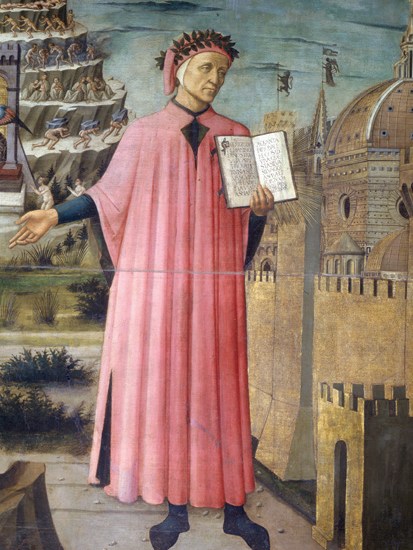
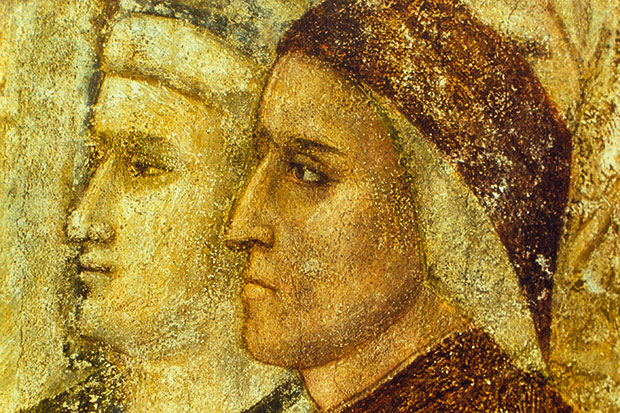
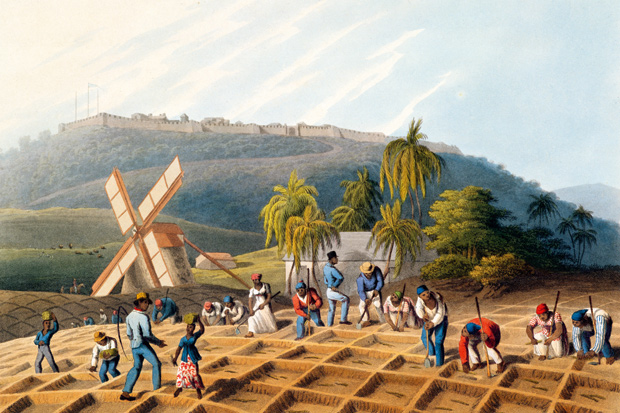
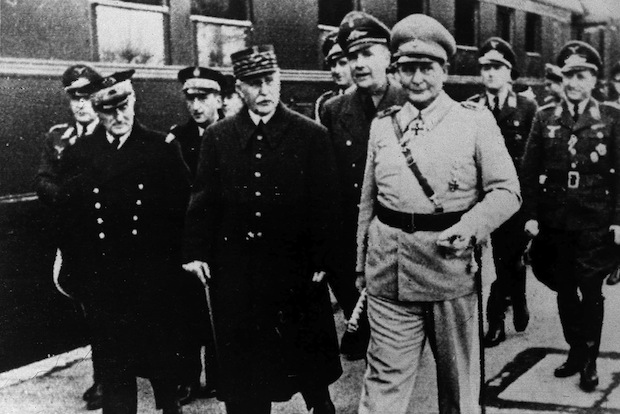
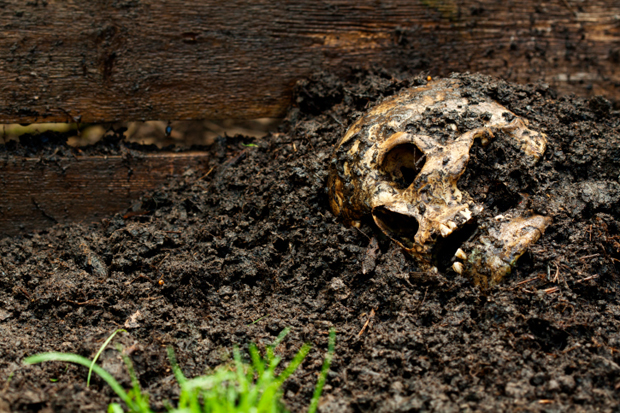








Comments
Don't miss out
Join the conversation with other Spectator Australia readers. Subscribe to leave a comment.
SUBSCRIBEAlready a subscriber? Log in